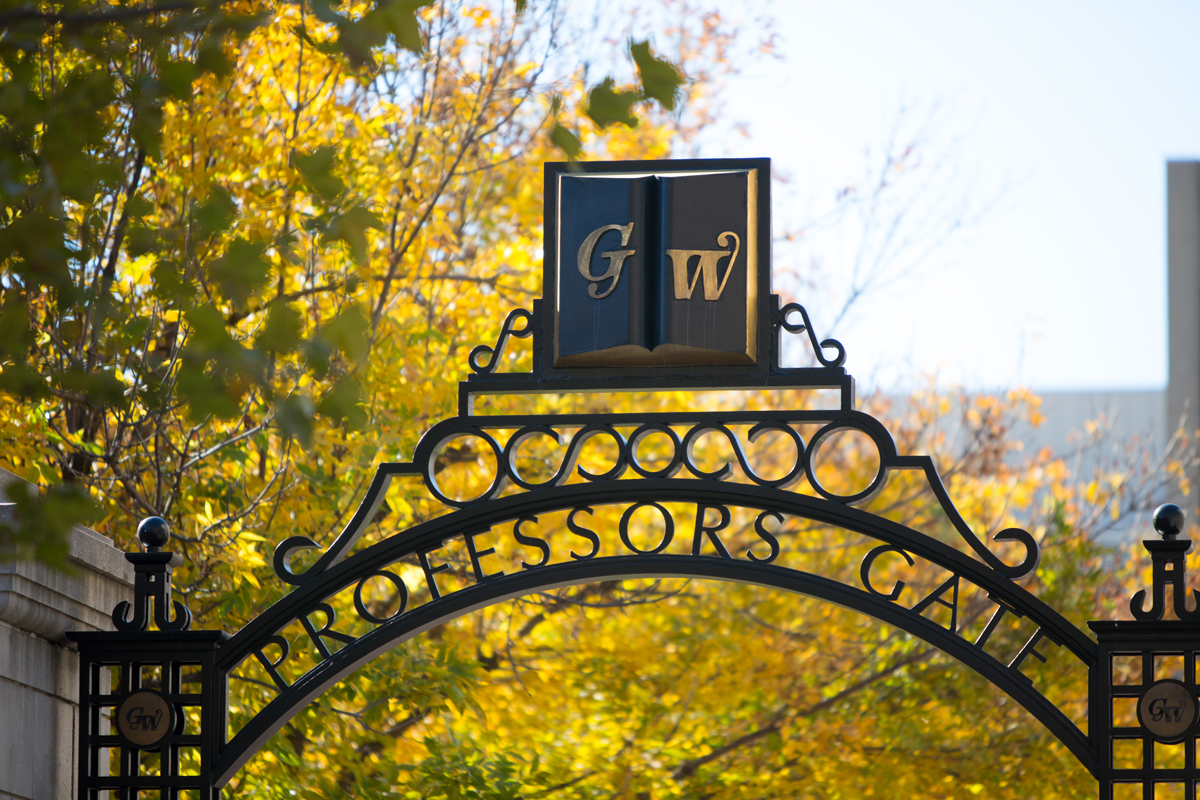The unique and growing community of researchers, practitioners, and funders who comprise CASJE, the Consortium for Applied Research in Jewish Education, today announced that it has moved its administrative home to the George Washington University (GW). Founded in 2011 with generous core support from The AVI CHAI and Jim Joseph Foundations, CASJE is a collaborative among institutions that will continue to exist as a national consortium. It was incubated at the Stanford University Graduate School of Education and led by Dr. Lee Shulman, Charles E. Ducommun Professor of Education Emeritus at Stanford and President Emeritus of the Carnegie Foundation for the Advancement of Teaching. Dr. Shulman remains a co-chair of CASJE alongside Dr. Michael Feuer, Dean of the Graduate School of Education and Human Development at GWU and President of the National Academy of Education.
“For the last five years Stanford has provided an environment in which CASJE could evolve, experiment, and engage more individuals in the development and implementation of education research programs,” says Dr. Lee Shulman. “The move of CASJE’s administrative home to GWU is auspicious because it signals to the world of Jewish education that the Consortium is not owned by any one place, but rather represents the total field of applied research in Jewish education. Additionally, as CASJE-supported research comes to fruition, the entire field of Jewish education will benefit, and the dynamic environment of GWU now will play a significant role in the next stage of CASJE’s development. Stanford University will continue to be a leader in Jewish education with its Graduate School of Education Concentration in Education and Jewish Studies, and with other active programs to prepare graduate students who will be leading scholars in the applied study of Jewish education.”
CASJE works to improve the quality of knowledge that can guide the practice of, and investment in, Jewish education. In addition, CASJE seeks to develop the pipeline of early-career researchers—which it does through seminars and inclusion of an emerging scholar on its leadership team—and to identify strategies in education research and practice that can inform Jewish education. In this regard, CASJE will continue to seek active collaborations with existing Jewish institutions of higher education and Jewish seminaries.
“CASJE was inspired in part by its founders’ recognition that much Jewish education takes place in secular institutions, and that core topics in the general education curriculum are integral in Jewish institutions,” says Dean Feuer. “Like Stanford, GWU is committed to helping CASJE bring together education scholars committed to the improvement of practice with practicing educators eager to explore the implications of research, whether in Jewish or secular settings.”
GWU’s existing Master’s program in experiential education and Jewish cultural arts, a unique initiative funded by the Jim Joseph Foundation, is one example of the potential for dynamic links between education research and Jewish learning.
The CASJE leadership team includes Professors Jon Levisohn and Sharon Feiman-Nemser (Brandeis), Professor Ellen Goldring (Vanderbilt), Dr. Paul Goren (Superintendent of Evanston/Skokie School District 65), Rabbi Mitchel Malkus (Head of School at the Charles E. Smith Jewish Day School), Amy Skopp Cooper (National Ramah Commission), Dr. Lauren Applebaum (American Jewish University), and Professor Jonathan Krasner (Brandeis University and Chair of the Network for Research in Jewish Education). The consortium’s operations are led by Dr. Wendy Rosov and Dr. Alex Pomson, of Rosov Consulting.
CASJE’s current work includes a groundbreaking study of leadership in Jewish day schools, funded by The AVI CHAI Foundation and being conducted by the American Institutes for Research, and an exploration of how Jewish summer camps incorporate Hebrew language, a project of the the Jack, Joseph and Morton Mandel Center for Studies in Jewish Education at Brandeis University with initial support provided by a Wexner Foundation Alumni Collaboration grant. Emerging areas of work focus on early childhood education, supported in its initial stages in part by The Crown Family; Hebrew language education; Jewish camp; Jewish peoplehood education; experiential education; and the economics of Jewish education. The Consortium develops its research agenda through a signature process that includes in-person “Problem Formulation Convenings” and online “blogcasts” with researchers, practitioners, and funders together formulating research questions.
“CASJE has begun to address the glaring deficiency of a repository of evidence-based research and evaluation on Jewish education,” says Chip Edelsberg, executive director of the Jim Joseph Foundation, a supporter of CASJE. “This type of research is standard practice in nearly every other field of education and, as CASJE enters its new stage, the Foundation is hopeful it will become so in Jewish education too. By creating bodies of evidence that emerge from rigorous applied educational research, CASJE can uniquely influence the practitioners, funders, and researchers of Jewish education.”


